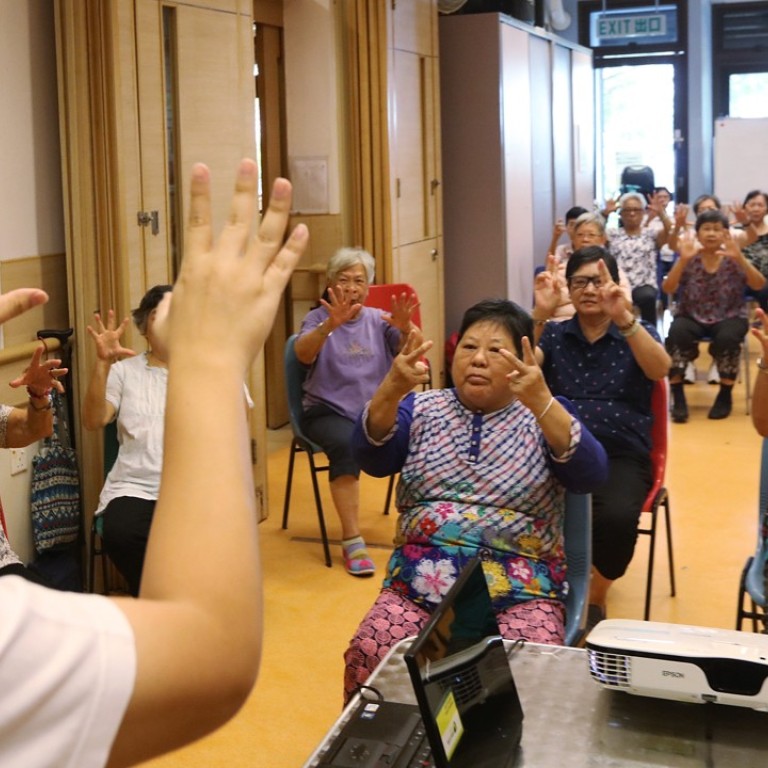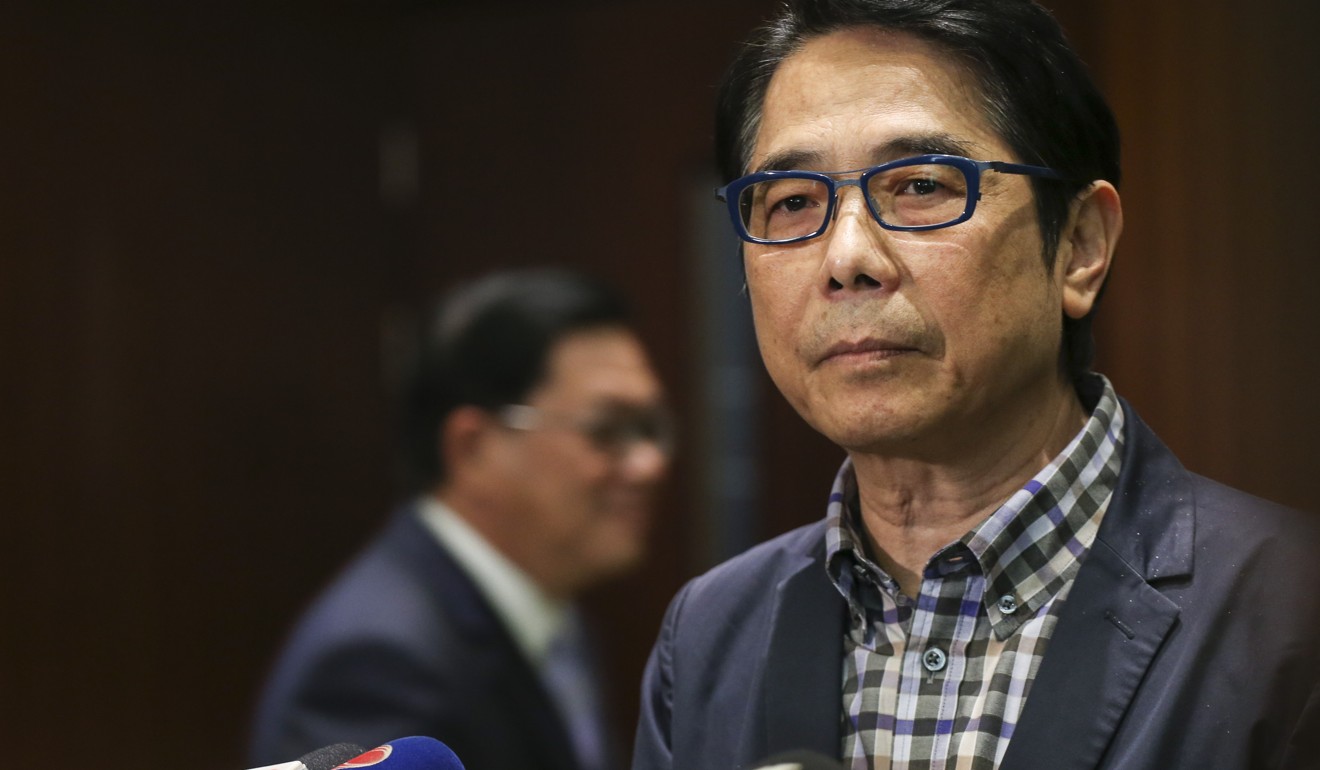
Should Hong Kong’s elderly care sector import foreign labour amid chronic manpower shortage?
Views are mixed on how to tackle the issue, but biggest union in city expresses openness towards bringing in workers from overseas
Hong Kong’s largest union is divided on the issue of recruiting workers from abroad after a core member on Saturday said he “did not necessarily oppose” the idea for subsidised elderly nursing homes.
The remarks by Wong Kwok-kin, a lawmaker and member of the Executive Council that advises the city’s leader on policy, were in contrast with the view of colleague Stanley Ng Chau-pei, chairman of the pro-Beijing Federation of Trade Unions. Ng said employers had not done enough to lure local talent.
The government must do more to help those caring for the elderly
Wong’s comments echoed other calls for the use of foreign labour in the elderly care sector, which is badly short of staff.
“Foreign labour was recruited when the new airport was built [in the 1990s] ... The importation of labour is not forbidden ground in Hong Kong,” Wong said.
He cited the Supplementary Labour Scheme, which allows employers facing hiring difficulties to import workers at technician level or below. Some private nursing homes have already recruited staff from elsewhere, mostly from the mainland.

“If the government can come up with sufficient grounds and a whole operational proposal, I think it would be a feasible plan to be discussed with the labour sector,” Wong said.
He felt this should be done in accordance with the Supplementary Labour Scheme, while adding that the plan should include a set of monitoring mechanisms.
While Wong said the shortage was largely because of the unattractive nature of many jobs, Ng said that could have been solved with more competitive packages.
“Many employers who claim they cannot hire anyone only offer a salary of HK$12,000 per month,” he said. “With such a working environment, long working hours and low pay, local workers of course would opt for other choices.”
Ng said the union would not oppose imported workers if there were still shortages after pay was raised.
A government source told the Post that Lam would not announce labour importation in her address, but she would call on stakeholders to explore the idea.
Dr Lam Ching-choi, chairman of the Elderly Commission, a government advisory body, earlier suggested importing hundreds of workers from Southeast Asia as a start. He said Hong Kong could learn from Macau, which imported nurses from the Philippines.
Cheng Ching-fat, secretary of the Community Care and Nursing Home Workers General Union, argued that the shortage was not acute and relying on foreign labour would deal a blow to the local workforce.
Asked if the government would allow subsidised homes to import labour, Undersecretary for Labour and Welfare Caspar Tsui Ying-wai said authorities would exhaust all means to recruit more women and ethnic minorities before looking at other options.

